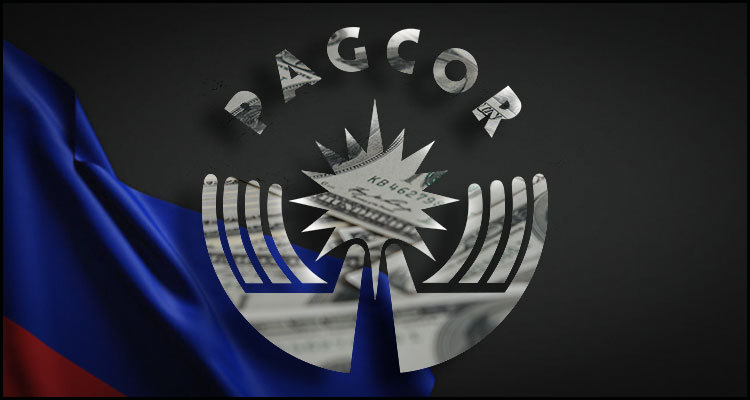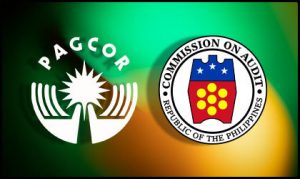
The gaming regulator for the Philippines has reportedly announced the resolution of a little over a third of the back taxes an independent government commission recently claimed was owed by the Asian country’s collection of Philippine Offshore Gaming Operator (POGO) license holders.
According to a report from Inside Asian Gaming, the Philippine Amusement and Gaming Corporation (PAGCor) guardian was responding to a contention released last week by the Commission on Audit that the nation’s congregation of licensed iGaming firms were collectively in the red to the tune of slightly more than $42.55 million. The source detailed that this figure was released following the completion of an official review and represented the aggregated arrears for the entirety of last year.
Faulty figure:
However, PAGCor has now reportedly responded by declaring that slightly over $14.89 million of this combined amount had been resolved ‘with finality’ after having been incorrectly billed to operators suspected of running undeclared websites. The regulator purportedly moreover proclaimed that a ‘thorough revalidation’ revealed that these clandestine domains were alternatively found to be the products of unlicensed entities stealing the live streams of POGO-licensed firms.
Pandemic problems:
PAGCor reportedly went on to explain that the remaining $27.66 million in unpaid tax was largely attributable to the impacts of the coronavirus pandemic and its own decision to count the minimum guaranteed fees generated by locally-licensed iGaming firms that have yet to re-open. The Philippines purportedly began handing out POGO certifications in 2019 although the high-water mark of 63 accredited operators has since dropped as of April to just 26 while the regulator is also known to have unilaterally cancelled 22 licenses since the start of the year.
Reportedly read a statement from PAGCor…
“Despite being allowed to resume operations from June of 2020, the majority of our operators were still unable to resume operations due to existing lockdowns, restrictions in business operations, prohibitions on the entry of foreign workers and other pandemic measures. This has consequently resulted in the accrual of uncollected bills.”
Revival resolution:
PAGCor reportedly furthermore asserted that currently operational POGO-licensed firms had been obliged ‘to fully settle their accumulated arrears’ before being allowed to re-open in the wake of the coronavirus pandemic. The regulator purportedly went on to pronounce that these debts had encompassed the minimum guaranteed fees for any non-operational months beginning from March of 2020, which had been later utilized by the government to fund a wide range of public health measures.
The statement from PAGCor reportedly read…
“To date, PAGCor has been observing proper procedures for the collection of its outstanding receivables. Uncollected accounts receivables have already been referred to the legal department for necessary action and PAGCOR is set on employing all legal means for their collection.”
Gambling for India refers to the act of participating in various forms of gambling, whether online or offline, within the context of Indian laws, culture, and preferences. Gambling includes activities where individuals wager money or valuables on uncertain outcomes with the intent of winning more money or prizes. In India, gambling encompasses a wide range of activities, from traditional games like Teen Patti and Andar Bahar to modern casino games, sports betting, and online gambling.
Gambling for India is an evolving landscape, where both traditional forms of gambling and modern online gambling are becoming increasingly popular. While the legal environment remains complex, with a mix of state laws and offshore regulations, the gambling market continues to grow, driven by technology, changing cultural attitudes, and the demand for entertainment. Players interested in gambling in India should always ensure they are using reputable platforms and understand the legal and financial implications of their actions.




